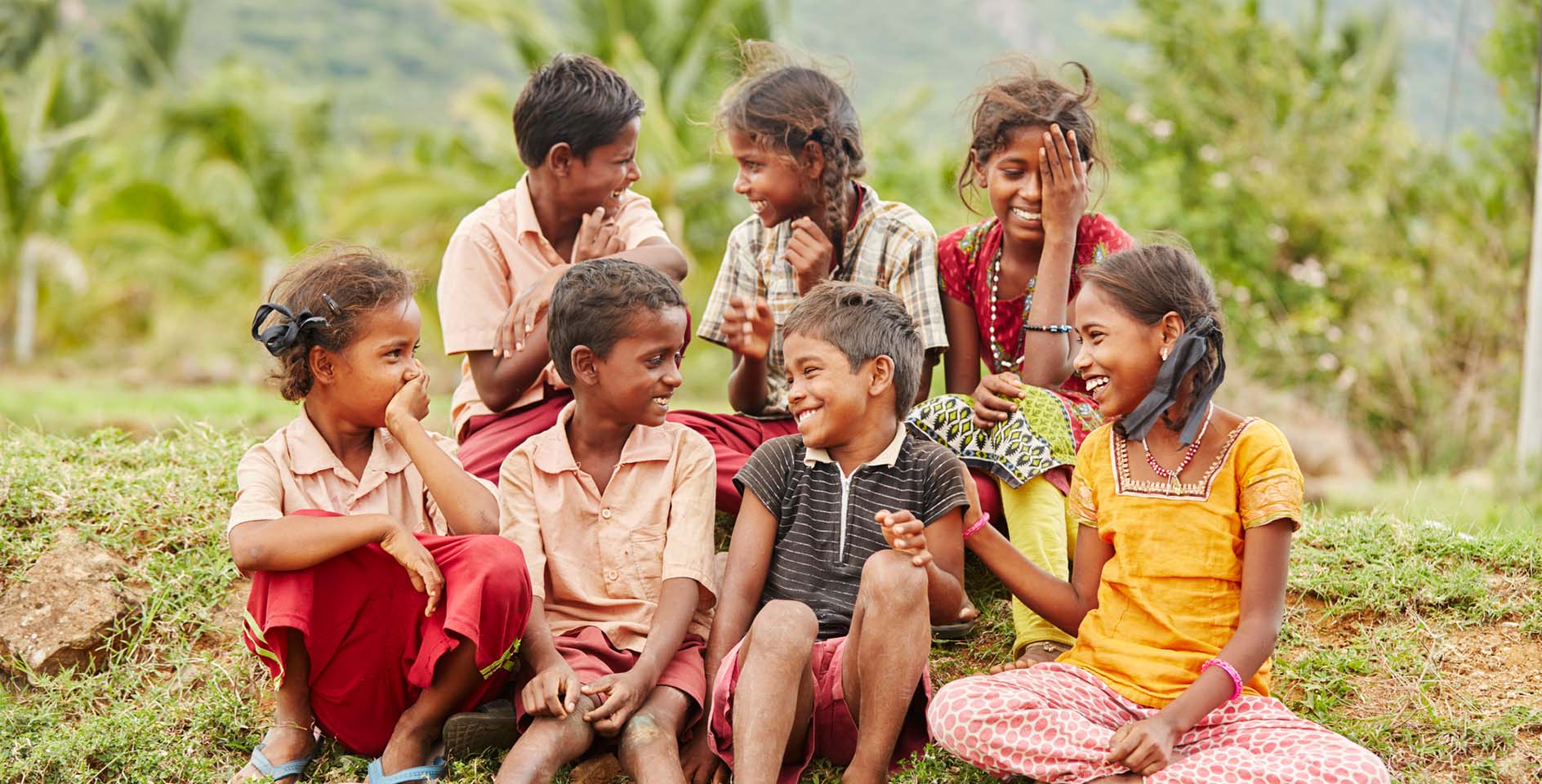There are untold numbers of children around the world who, for any number of reasons, are without a family and in need of a loving home. Recognizing this need, Americans have proven year after year to be among those most willing to help. As Secretary of State Antony Blinken said in a 2022 report, “U.S. families have historically adopted half of all children eligible for intercountry adoption.” We are a country eager to open our homes to children all over the world and welcome them into our families.
In recent years, however, procuring intercountry adoptions has become exceedingly difficult due to a number of factors. Travel restrictions, war, and the outright suspension of intercountry adoptions by some nations, among other factors, have continued to shrink the number of children brought to America to be united with a forever family. And according to the State Department’s most recent Annual Report on Intercountry Adoption, those difficulties persisted (and in some ways grew) last year.
What did the report reveal?
Since 2004, intercountry adoptions in America have been in a precipitous decline, a trend that continued once again last year. For instance, in 2004 almost 23,000 children joined a new family here in the United States via intercountry adoption. After years of steady decline, that number dipped to 1,517 in 2022, a decrease of more than 90% in less than 20 years and the lowest in recent history.
Of the 1,517 children who were adopted from other countries, the largest numbers came from Colombia (235), India (223), and South Korea (141).
Despite efforts by the State Department to be a leader in promoting intercountry adoptions and to establish mutually beneficial relationships with other governments around the world, several issues have severely inhibited Americans’ ability to adopt children internationally including:
- Russia’s unprovoked invasion of Ukraine;
- the suspension of adoption processing by the People’s Republic of China’s;
- and adoption prohibitions among countries like the Democratic Republic of Congo, Ethiopia, Kenya, and Latvia
The report outlines efforts by the U.S. government to help secure American citizens’ ability to “give children the loving, permanent families they deserve.” Nevertheless, it reveals the many significant barriers that prospective families faced last year.
How should Christians think about intercountry adoption?
The Bible is clear: Christians are called to care for orphans (James 1:27). There are many ways to do that, and one of them is through intercountry adoptions.
We can recognize, as Herbie Newell, president and executive director of Lifeline Children’s Services, has written, intercountry adoption may not be the most appropriate solution for all orphaned and vulnerable children—moving children from one culture to another is no small matter, after all. “But it is the best answer for some.” Adopting children from another part of the world, especially from areas where exposure to the gospel is either limited or barred, is an opportunity not only to unite those children with a loving family but to introduce them to God who is himself a “father to the fatherless” (Psa. 68:5).
God cares for children who have been orphaned, both here and abroad, and so should we.
What can Christians do?
Christians have a long history of international adoption support, as does the Southern Baptist Convention, from advocacy efforts to denominational resolutions to expanding our own families through the means of adoption. Much of America’s willingness to welcome children from around the world into their families is owing to Christians and our support for the cause. Today, our continued support is as important as it’s ever been.
Considering the challenges the State Department faces that continue to diminish many Americans’ prospects for adoption and many children’s opportunity to be placed in a loving home, Christians have an urgent responsibility to continue and even strengthen the work we’ve long been a part of. We can:
- write our representatives,
- financially support organizations that serve this cause,
- join advocacy efforts,
- and, “pray for guidance as to whether God is calling [us] to adopt a child” ourselves (as Resolution No. 2 from the 2009 SBC Annual Meeting states).
There are innumerable ways we can stop the downward trend in intercountry adoptions we’ve been witness to for nearly 20 years. We don’t have to do it all, but we can do something.











